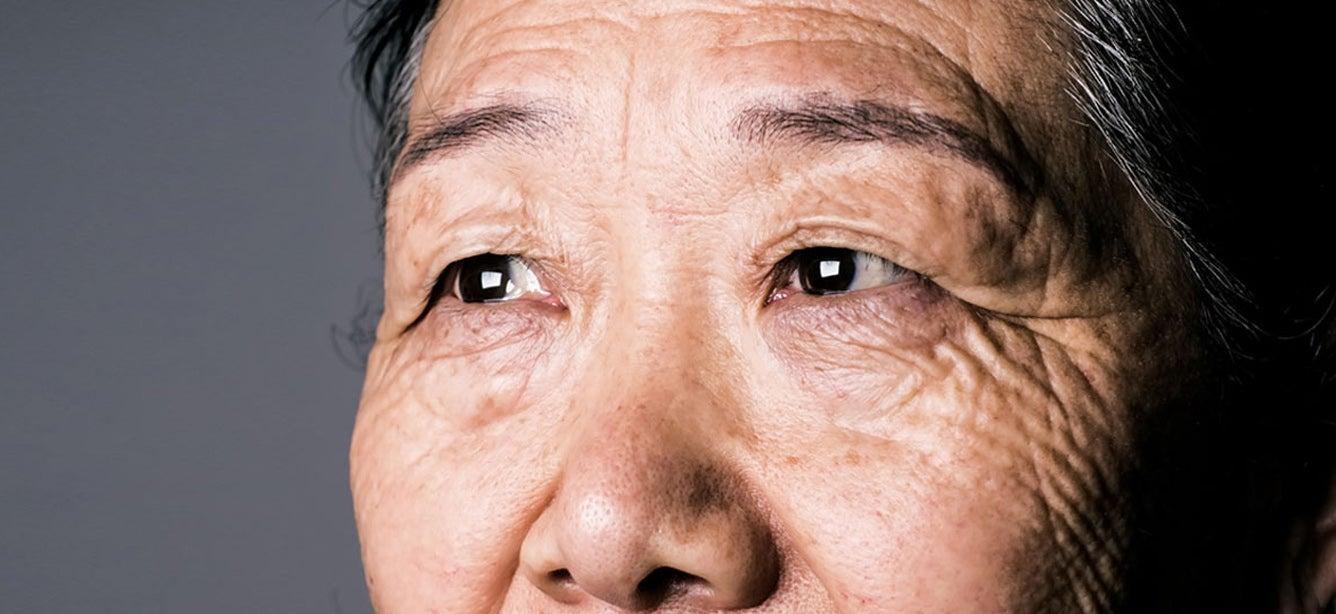
This Women's History Month provides an opportunity to celebrate the contributions of women to our history, culture, and contemporary society, and to highlight the impact of women on America’s social and economic well-being. This month we can also reflect on how much there is to still address. And in the year 2021, workplace and public policies, community-based support programs, and societal attitudes toward aging women have not kept pace with the evolving needs of many generations of women.
We continue to accept societal expectations that women play a significant caregiving role, earn less than men for the same job, are highly concentrated in low-wage work and “care” sectors, while also, more likely to live longer, experience greater out-of-pocket health care costs later in life, and, eventually, find ourselves carrying all the financial burden on our own. The cumulative disadvantages a woman faces over a lifetime compound, forcing far too many into poverty and/or health insecurity later in life. Aging is truly a women’s issue.
Early in my professional journey, I found myself filing Medicaid reimbursement paperwork for home health aides at the Women’s Educational and Industrial Union (WEIU) in Boston as a work study student. Earning a subsidized minimum wage, I would spend half my day in the basement filing room stapling yellow and pink carbon copied forms, detailing services rendered to receipts and the other half of my day faxing forms to community-based organizations in an effort to update the Guide to Long-Term Care Alternatives in Massachusetts. Every so often, my supervisor would invite me to sit in on the homemaker or home health aide training to help me contextualize the never-ending pile of yellow and pink carbon copies.
As the room full of folding chairs filled up for the training, I was amazed by what a saw and heard. Mostly Russian, Spanish, and Portuguese speaking women of all ages and walks of life in their Sunday’s best (sometimes even furs and jewels) gathering to learn the latest tricks of the trade: the best ways to ensure seamless transfer of bed pans and waste disposal, low sodium recipes for individuals with diet restrictions, safe ways to lift and roll individuals far larger than themselves but unable to carry out a few basic adult daily living functions like bathing or dressing. Because I filed the paperwork, I knew their names, too. All women. Women earning minimum wage providing care. Medicaid eligible women receiving the care.
The system just perpetuated the full cycle, and I started to wonder if the women providing the care were only biding time before they themselves became the ones receiving care. That is when I began to realize aging was and always will be a women’s issue.
My career took a few more turns before I squarely landed on aging, but those early experiences and exposure to the “system” left an indelible imprint. And, the data bear out:
There are more older women than older men.
- There are currently 7 million more older women age 60+ in the U.S. than men.
Older women have lower incomes and higher rates of poverty than men.
- Older women have lower median incomes than men ($20,431 vs $34,267).
- Older women are more likely to live in poverty than men as a result of wage discrimination and having to take time out of the workforce for caregiving.
- On average, older women received about $9,900 less annually in retirement income in 2016 than older men due to lower lifetime earnings, time taken off for caregiving, occupational segregation into lower wage work, and other issues. Older women of color fare even worse.
Older women are more likely to live alone increasing the risk of social isolation.
- As of 2019, about 28% of older adults lived alone and women were nearly twice as likely to live alone.
- As women age, their chances of living alone increase.
- 26% of older women age 65-74 live alone.
- 39% of older women age 75-84 live alone.
- 55% of older women age 85 and older live alone.
The pandemic has amplified the need to address gender disparities, from the longstanding gender pay gap to the heightened economic impacts on women, particularly those of color and low- and moderate-income that compound in old-age. These days, I am constantly reminded that the system was never built to work for all. Yet, the only way to change that is to stand on the shoulders of the many giants that came before and keep pushing.
Jane Addams, Florynce Kennedy, Tish Sommers, Laurie Shields, and Maggie Kuhn are just a few of the many phenomenal women that inspire me. Maggie Kuhn was like no other. Over 50 years ago, Maggie founded the Gray Panthers, a movement to encourage activism — sometimes deemed radical activism — among our country’s older people. When I joined Wider Opportunities for Women, the rallying cry, “Don’t agonize, organize!” was the mantra and often attributed to Maggie.
As we think back and celebrate the extraordinary women of America, we cannot forget to celebrate our esteemed founders, Ollie Randall and Geneva Mathiasen at NCOA. Women ahead of their time, setting the trajectory for NCOA’s first 70 years. As we strive to set the course for the next 70 years, I am so proud of our commitment to ensure older women comprise at least 60% of our 2030 social impact goal. In the coming months and years, our Equity Promise will guide our efforts to accelerate our impact and our intentionality to make sure all have the opportunity to age well regardless of gender, color, income or education.



